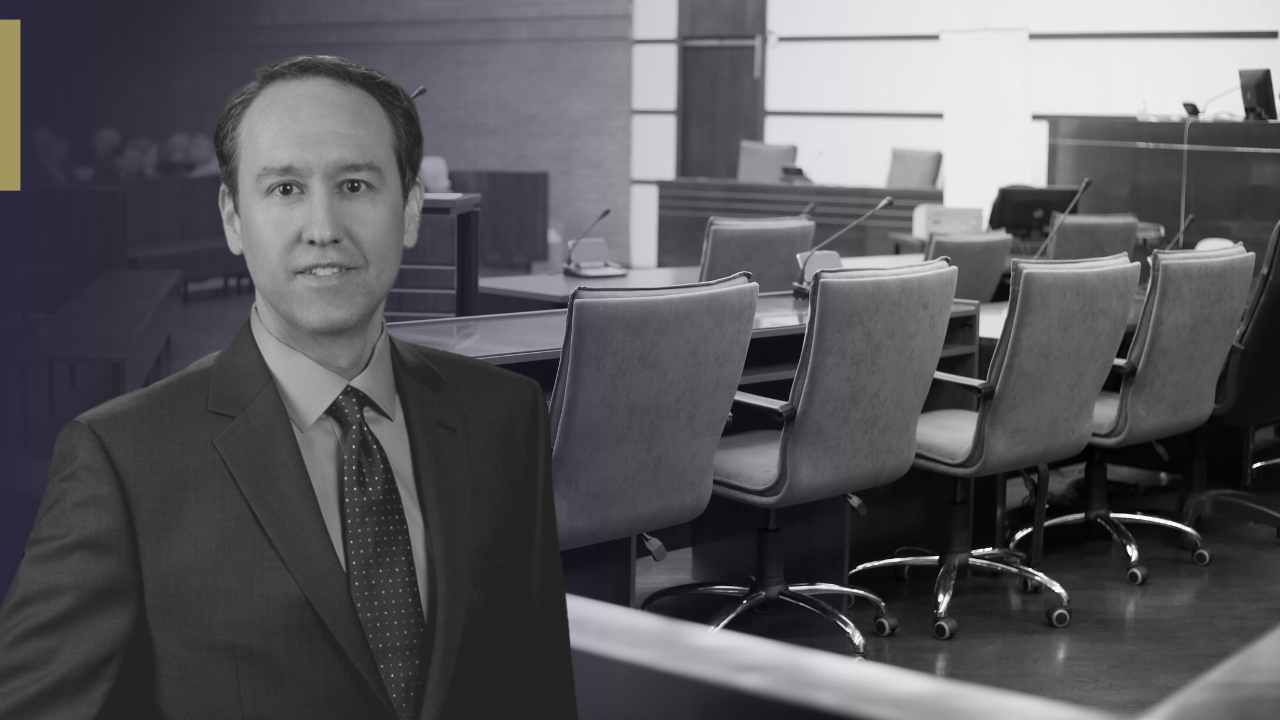Governor Deal has vetoed House Bill 837, legislation that would have limited disclosure about private probation companies from open records requests. The Peach Pundit provides exclusive coverage on the veto in an article describing all of yesterday’s vetoes and in a specific post addressing HB 837. Greg Bluestein has also covered the veto.
Why is this veto such a big deal? Many, if not most, state probationers who are serving misdemeanor sentences are supervised by private probation companies. Who are the folks most likely to end up on misdemeanor probation? Generally, that list would include persons convicted of possessing less than an ounce of marijuana, driving on a suspended license, DUI, theft, or family violence battery. But that list also includes the poor who get a speeding ticket or other low-level misdemeanor and who cannot afford to pay their fine on the day of court. These individuals are often put on probation until they pay off their fine. And this list includes people who were represented by the public defender (often a private law firm with a contract with the county to represent the indigent) who, upon conviction find that, poor or not, the lawyer wasn’t really free. When these defendants cannot afford to reimburse their public defender for his services (and the meter has been running the whole time) or pay the fine, the court’s “finance plan” includes being supervised on probation until these expenses are paid off. When the defendant needs a long time to pay off the debt to the State, time on probation increases dramatically. For instance, in a multi-count accusation, the defendant may take on consecutive 12-month sentences. For instance, defendants convicted of DUI were often stopped for speeding first. Such defendants are eligible for 24 months of probation.
Defendants in these situations wind up significantly behind the 8 ball. Not only is the fine due, not only do they have to pay for their indigent legal representation, they also owe the private probation company money every month or so for the privilege of supervising them while they are on probation. And those fees can go through the roof. The fact that the bill got as far as it did shows how powerful these corporations have become. To quote the Southern Center for Human Rights
HB 837, had it become law, would have expanded the reach of private probation even further. For example, it would have permitted private companies to require electronic monitoring for misdemeanor and traffic offenses like driving without a license, failing to stop at a stop sign, or possession of a small amount of marijuana. Private companies like electronic monitoring because it makes them huge profits. They routinely charge over $2,000 per year for such monitoring in misdemeanor cases. This is in addition to criminal fines, probation fees and surcharges. People with limited incomes cannot afford such costs and often face probation revocation and jail when they cannot pay. HB 837 would have allowed private probation companies to charge usury fees and then to get probationers’ sentences “tolled,” or extended, if they have not finished paying probation fees.
Not only would HB 837 have expanded private probation revenues, it specifically and explicitly made the amount of fees that these companies collect a state secret. Rather than place this process in the sunlight, HB 837 intentionally blocked members of the public and the media from being able to find out how much money the companies are charging citizens. The bill also exempted other information from public disclosure, such as the number of offenders under supervision and the number of warrants issued.
Governor Deal said, in explaining his decision to veto the bill, said,
House Bill 837 provides updates and certain expansions to the role of private companies in the administration of probation services in Georgia. There is language in this legislation that would exempt certain key information about private probation services from the Georgia Open Records Act. I favor more transparency over private probation services and therefore I am not in favor of this information being exempt from the Georgia Open Records Act. In addition, it is my understanding that the Supreme Court of Georgia has under its consideration an appeal that would address the role of private probation services and, while the current law pertaining to private probation services remains in effect, this legislation seeks to have a preemptive impact on any decision in that appeal. With these considerations in mind, I VETO House Bill 837.
It would, indeed, have been strange to make a state secret the records of private corporations whose sole purpose is the supervise those sentenced in Georgia courts for violations of state law. And such a regime would have allowed these corporations to put the screws on our State’s poorest people.


